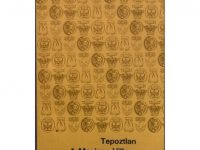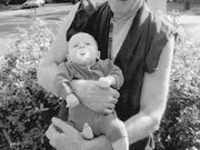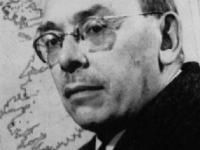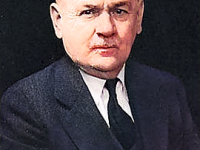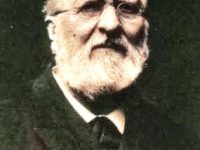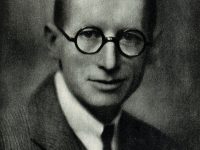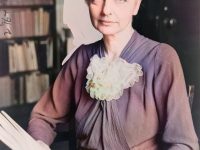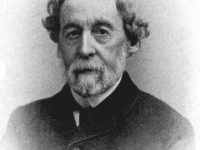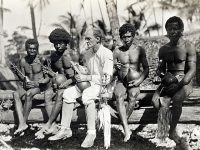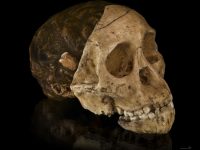Robert Redfield and the Folk-Urban Continuum
On December 4, 1897, American anthropologist and ethnolinguist Robert Redfield was born. Redfield‘s ethnographic work in Tepoztlán, Mexico is considered a landmark Latin American ethnography. From his studies of Mexican communities, Redfield developed a theory (1956) of a folk-urban continuum, to account for the differences between folk society and urban society. Early Years Robert Redfield was the son-in-law of University of Chicago sociologist Robert E. Park. In 1923 he and his wife…
Read more

